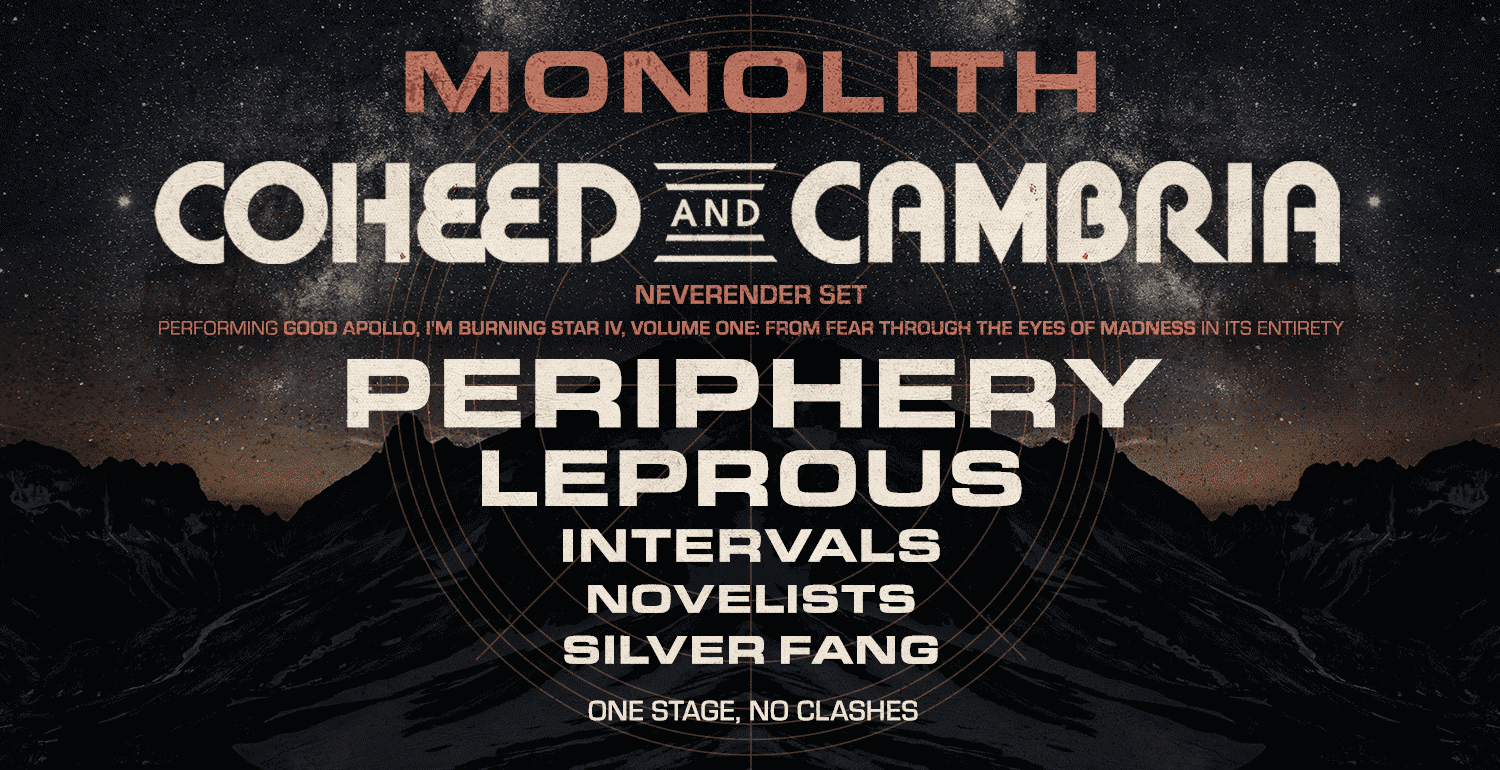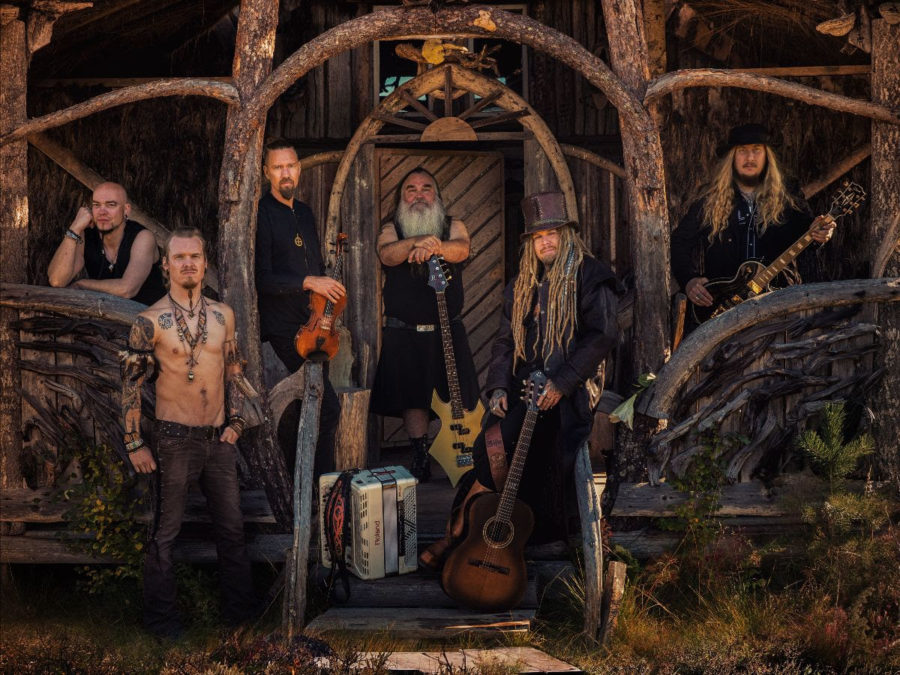Finnish folk metal outfit Korpiklaani continue to defy trends by forging their own successful path in the metal industry.
Made up of traditional instruments and music with a heavier slant on proceedings, Korpiklaani don’t just play music, they feel it, creating a timeless yet fresh sound that appeals to people on all sides of the music spectrum.
After the warmly received last album Kulkija in 2018, these masters of folk metal return with Jylhä on February 5, a triumphant album with a darker twist.
Violinist/Fiddler Tuomas Rounakari sat down with HEAVY during the week to discuss the album and more.
“We’re pretty proud of it,” he enthused. “To me, Kulkija was such an important album for myself that I was wondering what would happen with this one but I think we evolved one more time. The band is just getting better and better after every album.”
After trying unsuccessfully to pronounce the album title, Tuomas corrects me and explains the meaning behind it.
“We were clever enough to choose a name that doesn’t translate to any language,” he laughed – either with me or in spite of me. “We had another name in our minds but that name was a little bit depressive and we felt that even though this album has a lot of murder stories and dark stories it’s actually quite an uplifting album. It’s more on the upbeat than Kulkija was. For me, energetically, it’s closer to the Noita album which has a lot of really, really uplifting songs. It felt like we needed another title and then we came up with Jylhä that sounds really cool in Finnish because it’s really a rock and roll name. It’s something that is majestic in nature; something impressive on nature but at the same time it has that worn-out quality – that ancient things have – so that it’s not… if you go out an build a huge building no-one would call that Jylhä. Jylhä needs to have that kind of ancient, unchanged, been there through all the storms kind of feel. It’s a very rock and roll name.”
In the full interview, Tuomas talks about the musical direction of Jylhä, the more prominent nature of the violins on it, the subject matter of some of the lyrics, singing in their native tongue and the reasons behind it, the album cover, blending the beautiful sounds of the fiddle with the harshness of metal and more.
Watch “Neimi” below:













